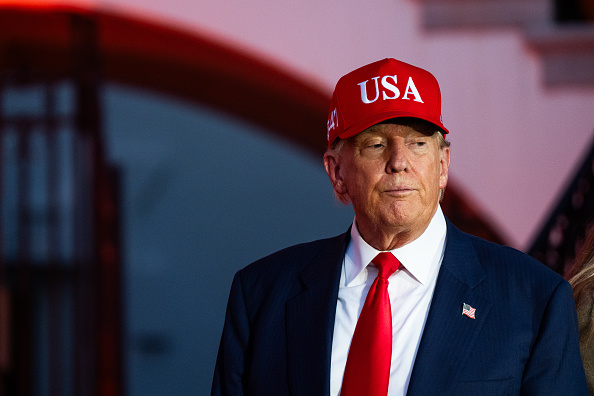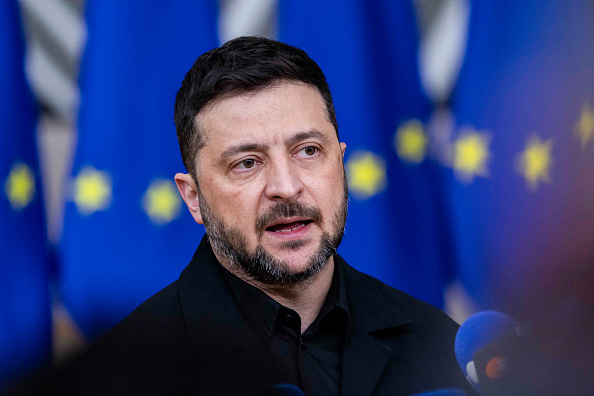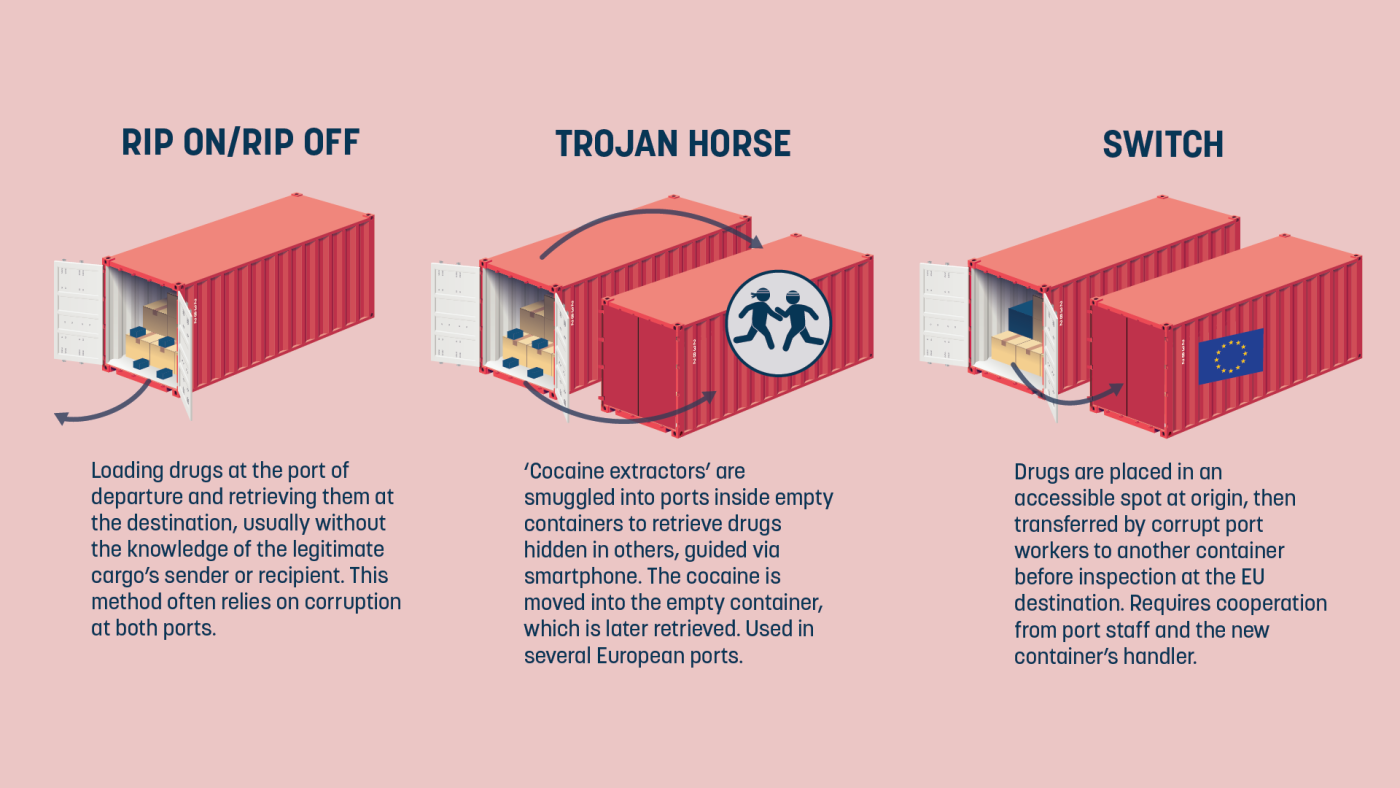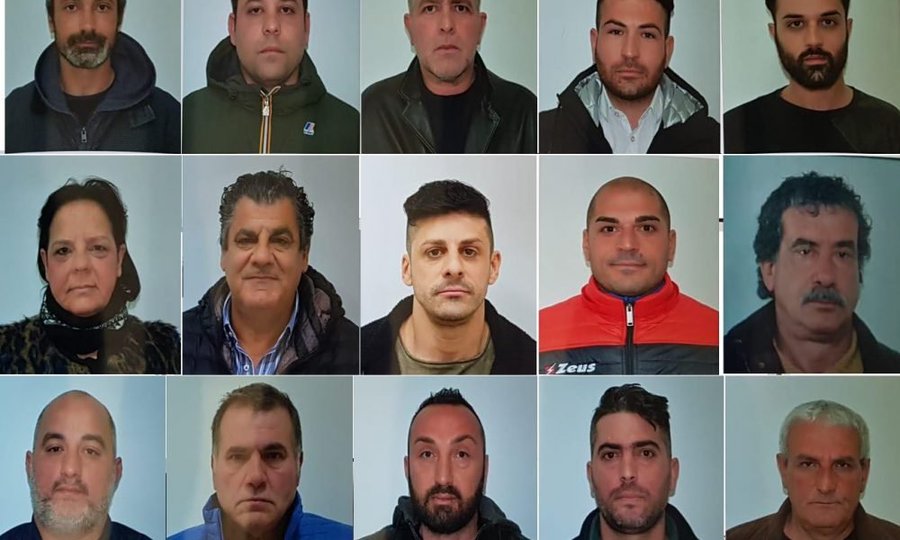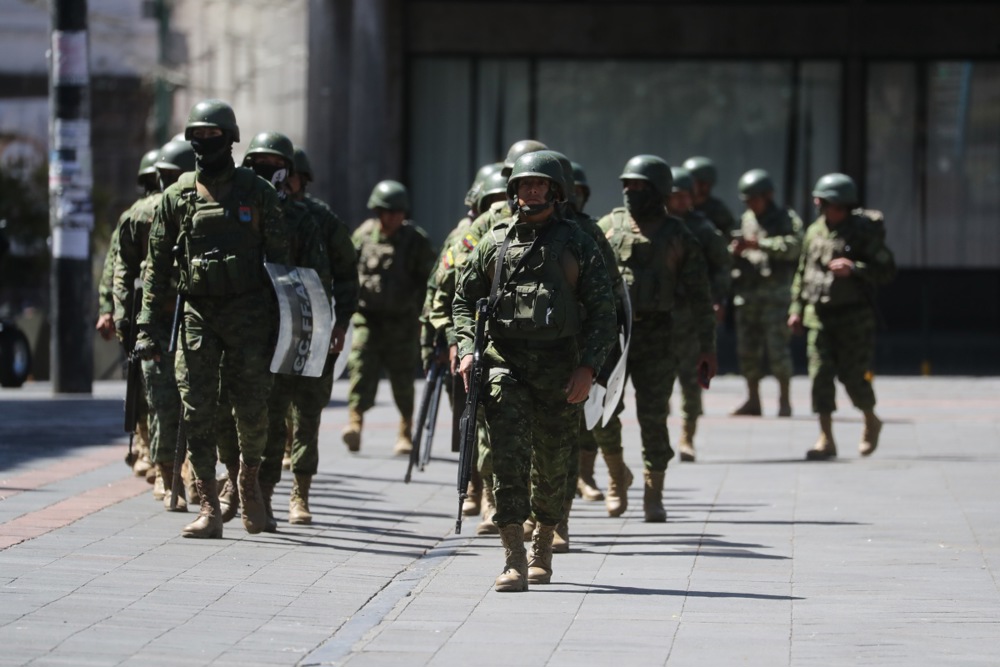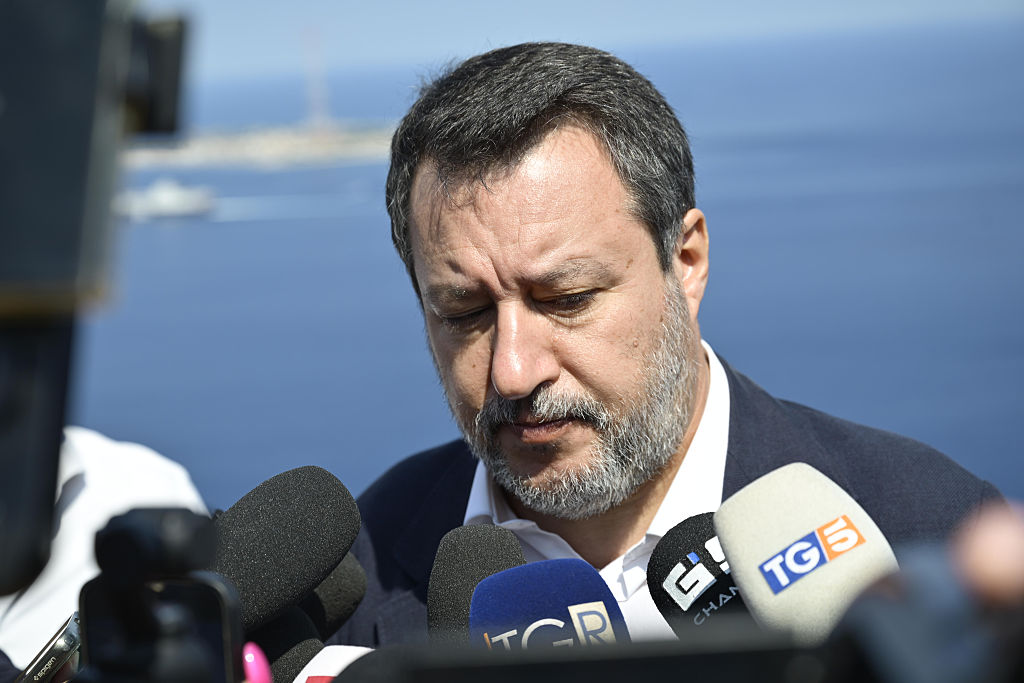From guns to grants: Mafia eyes Italy’s billions in EU recovery funds
Today’s mafia doesn’t break kneecaps – it signs contracts, pulling strings with the quiet precision of Michael Corleone.
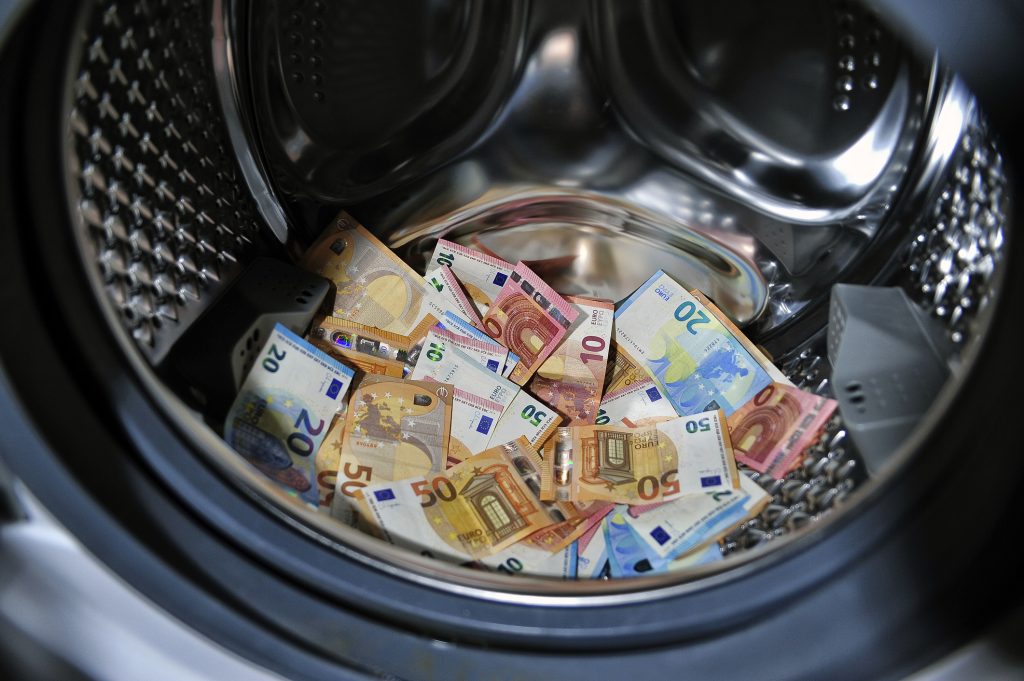
ROME – Organised crime doesn’t need guns to get its share of Italy’s EU recovery cash. All it needs is paperwork.
Rome is the largest beneficiary of the EU’s post-COVID recovery fund – over €200 billion – to rebuild its economy. But instead of a national renewal, experts warn weak oversight of the €200 billion windfall is leaving the door wide open to waste, corruption, and, in some cases, mafia infiltration.
One key channel of suspected abuse is a procurement law, originally intended to speed up minor purchases, that allows public contracts under €140,000 to be awarded without open competition.
“Direct awards are objectively too many – 98% of all contracts,” said Giuseppe Busia, head of Italy’s National Anti-Corruption Authority (Anac), which recently presented a report on the issue to parliament.
“There’s a suspicious clustering between €135,000 and €140,000 – a more than threefold increase from 2021 when the threshold was €75,000,” he said, pointing to widespread contract-splitting, a tactic used to bypass competitive bidding and avoid oversight.
The national recovery plan “has amplified every known risk factor in public spending,” said Alberto Vannucci, a professor at the University of Pisa who studies the mafia and corruption.
He added that rushed timelines and bureaucratic overload often leave one official responsible for deciding who receives millions.
“Even honest officials are left exposed – especially in certain contexts, where, to quote a well-worn phrase, the pressure comes in the form of an offer you can’t refuse,” said Vannucci.
But the problem goes beyond administrative shortcuts.
“The control model is purely formalistic” and “checks whether the paperwork is in order – not whether the projects bring any real benefit to citizens,” said Vannucci. This, he said, enables public funds to be channelled to seemingly legitimate operations for the benefit of criminals, politicians, and officials.
Guns and fists not for hire
According to both experts, the mafia no longer muscles in with guns: it now uses charm and clean accounting.
“They don’t shoot anymore – they bribe,” Vannucci quipped. Busia described them as “chameleons” who blend seamlessly into legitimate business operations – a practice that even the government seems to overlook.
Organised crime has followed the money, spreading far beyond its southern strongholds to infiltrate public procurement. Since 1991, over 400 local governments – from north to south – have been dissolved due to mafia ties. Once regional and violent, these networks have now become national, corporate, and quietly embedded in the state’s machinery.
Deputy Prime Minister Matteo Salvini dismissed the concerns presented in ANAC’s report.
“We’re trying to spend everything and spend it well. I trust Italian entrepreneurs,” he said, rejecting talk of systemic corruption.
However, not everyone is reassured. Green-Left MP Angelo Bonelli described the procurement system as “increasingly opaque” and blamed recent government reforms for the rise in direct awards and subcontracting. Meanwhile, PD senator Enza Rando warned that “Italy is sliding backwards,” citing the country’s fall in global anti-corruption rankings.
Italy currently leads the EU in both active investigations and estimated damage linked to the recovery fund. According to data from the European Public Prosecutor’s Office (EPPO), Italy accounted for 228 out of 307 cases opened across the EU tied to the Recovery and Resilience Facility.
A European Commission spokesperson told Euractiv that EU procurement rules apply only above certain thresholds, meaning most direct awards fall outside Brussels’ control. Still, the Commission said it remains open to information about suspected misuse.
“Our best weapon is data,” said Busia, pointing to Italy’s contract database, which contains 60 million entries and grows by five million every year. Its strength, he said, lies in its ability to cross-check judicial, tax, and social security data to flag suspicious activity.
Still, data is only part of the solution. Busia called for greater transparency in company ownership, tougher lobbying regulations, and higher standards for public buyers and suppliers.
“There’s no legal obligation to declare beneficial owners,” he warned, adding that knowing the identity of contractors is key to preventing infiltration, stopping collusion, bid-rigging and major distortions of competition.
A legislative backslide
Recent legal reforms under the Meloni government have further weakened anti-corruption efforts.
Vannucci criticised her government’s recent rollback of anti-corruption laws, including the abolition of the offence of abuse of office for public officials and the gutting of influence-peddling legislation.
“These were essential tools for prosecutors. Now they’re gone,” he said.
Busia addedthat recent changes to Italy’s procurement code had diluted protections against conflicts of interest, weakening the administrative safeguards that ensured integrity in public spending.
Both experts stressed that the real danger is not high-profile scandals, but silent, systemic corruption. “I don’t think we’ll see a wave of big cases,” said Vannucci. “The real risk is that much of the damage will happen in silence, under the radar.”
Even worse, according to Vannucci, is the signal it sends. Corruption doesn’t stop being corruption just because it can no longer be prosecuted.
“This is not just about law enforcement,” Vannucci concluded. “It’s about whether we let waste, collusion, and private capture become the new normal.”
If Italy doesn’t change course, the €200 billion in recovery funds won’t be used to rebuild the country. It will serve instead as a masterclass in how to run a public racket in broad daylight.
(de, cs)
